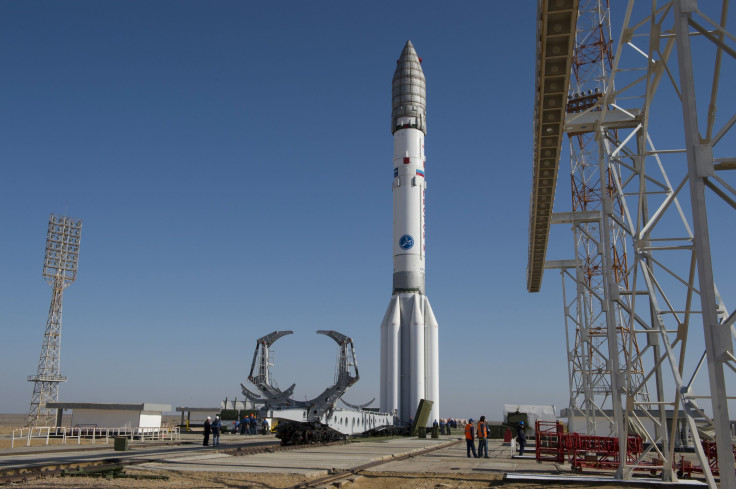Life on Mars: ‘The anticipation and ambition is huge’; Joint European-Russian ExoMars mission ready to roll

Life on Mars may not be a mystery anymore when European Space Agency (ESA) launches its Trace Gas Orbiter and begin their next “potentially dangerous” robotic mission to Mars. Only less than a week is left for the two-phase joint European-Russian ExoMars mission to commence.
The first part is scheduled to blast off atop a Russian Proton rocket from Baikonur Cosmodrome in Kazakhstan on March 14, writes Space.com. The Proton's payload consists of a lander called Schiaparelli and the Trace Gas Orbiter (TGO). The TGO will use four scientific instruments and sniff the Red Planet’s air from orbit to determine any possible signs of life.
ESA will probe Mars’ atmosphere for methane emissions to see what causes them. The results of the mission will be followed up by placing a rover on Mars in two years time that will drill deep into the Martian service.
“We know from other missions that it is coming from under the surface, and there are only two possible sources: geothermal activity or, mind-blowingly, some form of life, almost certainly microbial. The emerging picture is that soon after Mars formed, around 4.6bn years ago, it was a very suitable place for life,” said Prof. Andrew Coates, deputy director of University College London's Mullard Space Science Laboratory.
According to Express, the exciting mission may be extremely dangerous as any form of life discovered on mars and brought back to earth may contaminate our home. Head of the ESA's robotic exploration programme, Rolf de Groot, is of the opinion that in case ExoMars finds life on Mars, then the next plans will become far more sensitive and strict planetary protection protocols will have to be considered to minimise risks.
“The anticipation and ambition is huge. We are trying to answer one of the biggest questions in science: is there life on other planets?,” said a very excited Groot.
The Trace Gas Orbiter is expected to land on Mars on Oct. 19.





















